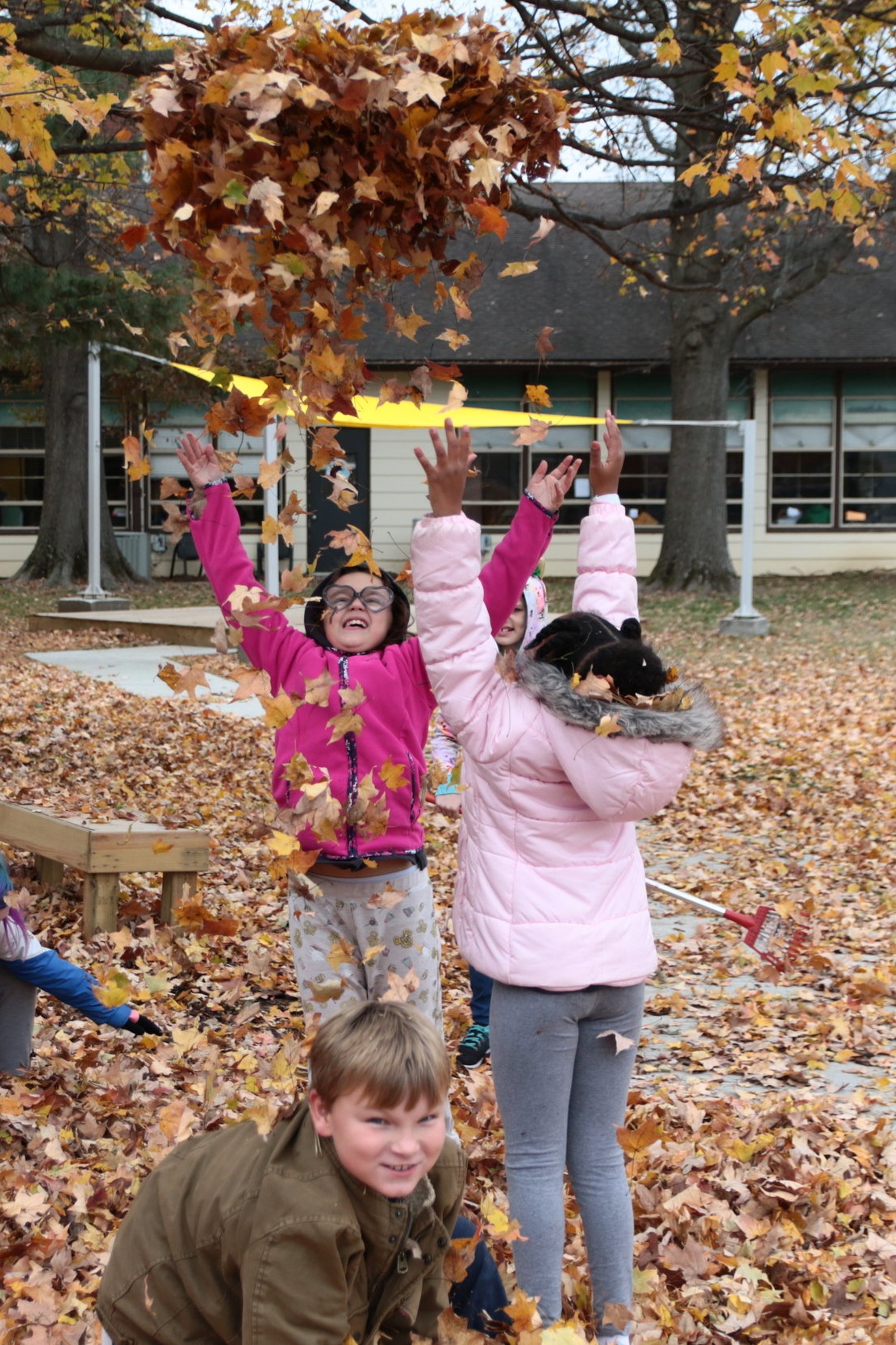Lower School Open House
Take a walden walk
• THREE DAY Lower School Open House between Monday-Wednesday, October 21-23
• Parents are invited to stop by hourly between 8:00-11:00am for a special, one-hour Walden Walk tour of our Lower School
• Guests will be treated to the exciting bustle of class activities, meet faculty, and stroll through our beautiful Experiential Learn and Play Space
• LUNCH AND LEARN PANEL
On Thursday, October 24 from 12:00-1:00pm, guests are invited to a special Lunch and Learn panel discussion in our new Library Media Center. While enjoying a meal, attendees will have the opportunity to ask questions about Walden Lower School with our Head of School, faculty, parents, and students.
After the panel, guests are invited to take an optional tour.
RSVP FOR the open house
At Walden, we love meeting new families and we'd like to know a little bit more about you before the Open House! Please complete the short form below to RSVP for a Walden Walk tour between October 21-23. Feel free to bring a friend and invite others to join in on the festivities. We look forward to seeing you on a tour!
Walden Lower School
Philosophy and Benefits of Experiential Learning
Play. Imagine. Explore.
Guided by Henry David Thoreau’s educational and transcendentalist philosophies, Walden believes children learn best when they are given the opportunity to explore, imagine, and play. With this philosophy of learning, Lower School classrooms and curriculum are intentionally designed and centered on Walden’s core values: Community, Curiosity, Respect, and Responsibility.
Walden’s core values are embedded in our class environment, lessons, and class discipline. The schedule and the curriculum are specifically designed to echo Thoreau’s educational philosophies with individualism and naturalism to develop the lifelong learner.
experiential learning
The value of an experiential learning space is inestimable for the academic and social growth of students. In our green space, students are engaged in creative outdoor projects, including a “fairy garden,” rock fossil bed, and sand table. An outdoor, covered deck functions as a natural classroom for learning and the playground and gaga pit facilitate adventurous play.
Students are encouraged to use their imagination during free play and explore curriculum concepts that will be overseen by a teacher.
“Children who experience school grounds with diverse natural settings are more physically active, more aware of nutrition, more civil to one another, and more creative.”
Not only is outdoor education critical for child development, researchers suggest it is also important for the future of the planet. We know that when children and adults connect with nature, they are more apt to become environmentally conscious citizens.
The modern-day nature deficit disorder warrants legitimate concern for children. Rising obesity rates, depression, anxiety, and other psychopathological maladies are tangential with the decline in outdoor play and experiential learning.
According to the National Recreation and Park Association, “time outdoors spent in parks and open space, engages children in informal, experiential learning through play and shared experiences with peers, thereby, laying the foundation for effective formal education.”
references
Price-Mitchell, Marilyn. “Benefits of Nature for Children and Families.” Roots of Action, 25 Feb. 2019, www.rootsofaction.com/benefits-of-nature/.
Cohen, Danielle. “Why Kids Need to Spend Time in Nature.” Child Mind Institute, 2019, childmind.org/article/why-kids-need-to-spend-time-in-nature/.
“Children in Nature: Improving Health by Improving Health by Reconnecting Youth with the Outdoors.” National Recreation and Park Association.







